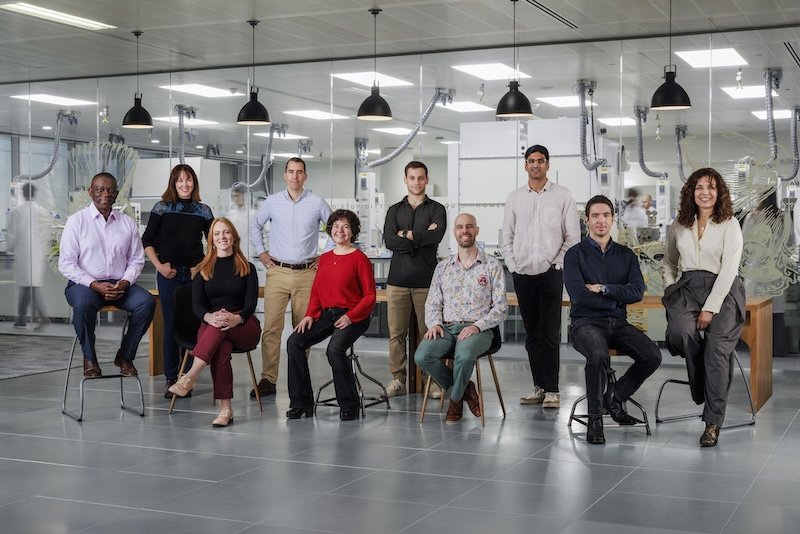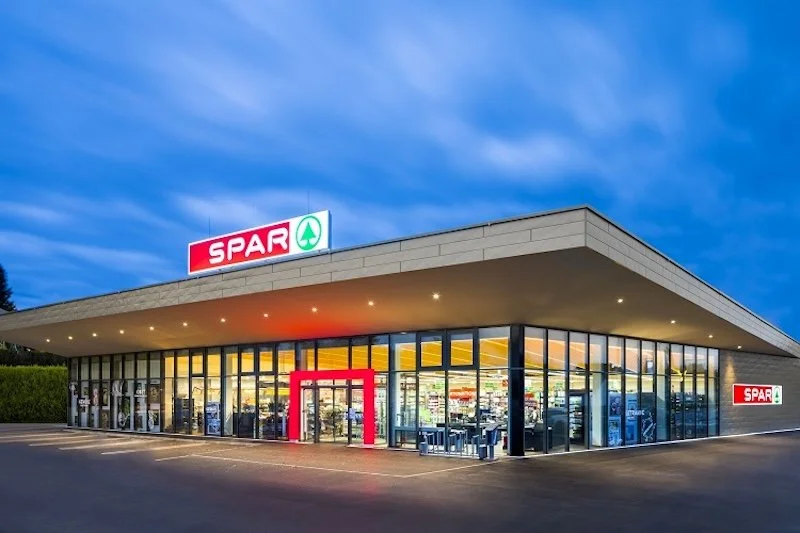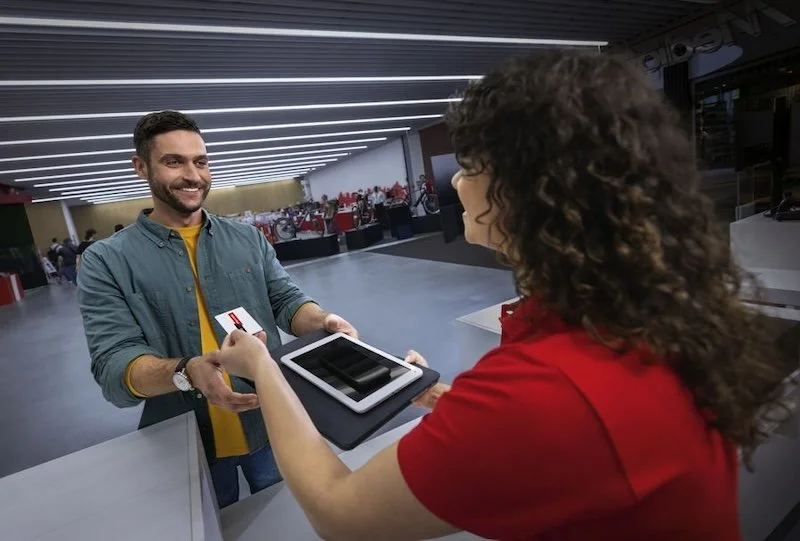The evolution of trading: adapting to the technological era
Picture this: a bustling trading floor, noise, hand signals, and the palpable tension of investors locked in a duel with market forces. This was the typical trading scenario not too long ago.
Fast forward to the present day, and the scene has shifted dramatically, with sophisticated platforms like MT5 marking an evolutionary leap from traditional methods and catering to the complex needs of the modern financial markets.
Nowadays, we're more likely to see traders scrutinising multiple screens, making moves with a simple click.
From open outcry to online platforms
Gone are the days of 'open outcry' where traders would shout and use hand signals on the exchange floor.
The digital era ushered in a silent revolution, with the introduction of online trading platforms.
These virtual marketplaces not only made trading accessible to a broader audience but also simplified processes. Innovations in the financial tech space have levelled the playing field, allowing both seasoned traders and novices to navigate the financial markets from the comfort of their homes or office spaces.
The transformation from physical exchange floors to the digital realm has been nothing short of revolutionary. Enhancing the speed of transactions and reducing the cost of trading, these platforms mark a pivotal shift in market dynamics.
The digitisation of trades also adds a layer of transparency and record-keeping that was much more challenging to maintain in the raucous environments of yesteryears' trading floors.
As we contemplate the evolution of trading, it is evident that convenience and efficiency have been at the forefront of this technological drive. Electronic trading systems have now integrated complex algorithms that can execute trades in milliseconds, transcending the limitations of human reaction time.
Moreover, the digitisation of trading has encouraged transparency, with regulators now able to monitor transactions more effectively, thus fostering a fairer trading environment for all participants.
Trading at your fingertips
The rise of mobile applications has reshaped the framework of trading. With round the clock access to the markets on a device that sits in your pocket, the concept of trading on the go is now the norm.
This advancement has also altered trader behaviour and expectations. The modern trader seeks out platforms that offer mobility without compromising on features, security, or speed – a need that current trading apps strive to meet.
Traders today expect instantaneous access to the latest market data. This relentless demand for fast and reliable information has pushed developers to create light yet powerful trading apps.
These apps not only provide real-time data but also offer advanced charting and analytical tools designed to meet the ever increasing complexity of market analysis required in today’s fast-paced trading environment.
Demystifying complex strategies
One of the striking advantages of modern trading platforms is their capability to simplify complex strategies. Through advanced analytical tools, which were once the domain of institutions, traders can now engage in sophisticated market analysis.
Features such as automation and the introduction of artificial intelligence have become the new assistants to both new and veteran traders, streamlining the decision-making process and enabling quick adaptations to market conditions.
Modern trading platforms serve as a bridge between complex market analyses and the average trader.
They present an opportunity for traders to harness powerful algorithms and back-testing capabilities, enabling them to refine their strategies with a depth of precision that was once hard to achieve. This approach has democratised access to higher tier trading tactics, offering a competitive edge to traders at all levels.
Navigating the social trading wave
The integration of social networking into trading platforms has given rise to a new phenomenon - social trading. Access to community-driven trading insights and the ability to copy the strategies of successful traders have become compelling features for individuals looking to learn and earn simultaneously.
This convergence of social media and trading platforms is transforming the way investors consume information and make investment decisions.
As social trading becomes increasingly popular, platforms are adapting by integrating more features that support this trend. From leaderboards showcasing top traders to forums where strategies can be discussed, the blend of community and trading is creating a vibrant ecosystem.
This collaborative approach not only educates newer traders but also creates a sense of camaraderie in what was once a solitary pursuit.
Effortless cross-asset diversification
The modern trader no longer needs to juggle multiple accounts to manage a diverse portfolio. Today's platforms offer a seamless experience in handling a mix of assets, from stocks and bonds to commodities and currencies, all under one roof.
This multifaceted approach not only saves time but also opens up avenues for more strategic investment diversification, allowing traders to mitigate risks and capitalize on opportunities in the global markets.
Advancing with secure trading practices
With the increase in digital financial activities, the need for secure and stable online trading environments has never been more critical.
Reputable platforms prioritise the safety of their users' funds and data, employing state-of-the-art encryption and security protocols. Trust is a commodity in itself in the trading world, and tech driven platforms are continuously evolving to build and maintain this trust among their clientele.
Anticipating the future of trading tech
As we gaze into the future of trading technology, predictive analytics, machine learning, and even blockchain are expected to play pivotal roles.
These burgeoning technologies have the potential to redefine trading strategies - from analysing past performance to anticipating future trends - making them valuable tools for informed decision-making.
The fascination with decentralised finance also hints at a future where trading could become even more accessible and transparent.
The rise of conscious investments
Increasingly, traders are expressing a desire to align their investments with their personal values.
Responsible trading and sustainable investing have taken centre stage as platforms empower individuals to consider not just financial returns but also the impact of their investments on society and the environment.
This shift towards ethical investing suggests a more conscientious future for the trading community, one where profit meets purpose.
The trading world has come a long way from the clamour of the trading pits to the current days of sleek, powerful platforms. As the trend continues, it’s clear that the evolutionary journey of trading is far from over.
With each technological stride, the markets become more inclusive, efficient, and exciting, promising a future where anyone with an internet connection and a knack for analysis could potentially tap into the vast world of global trading opportunities.















Continue reading…